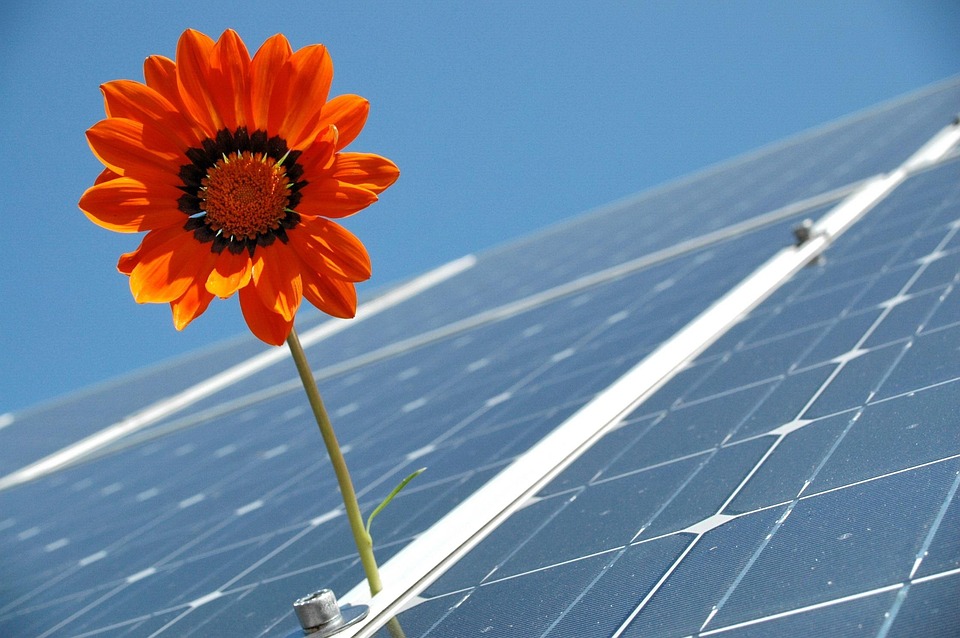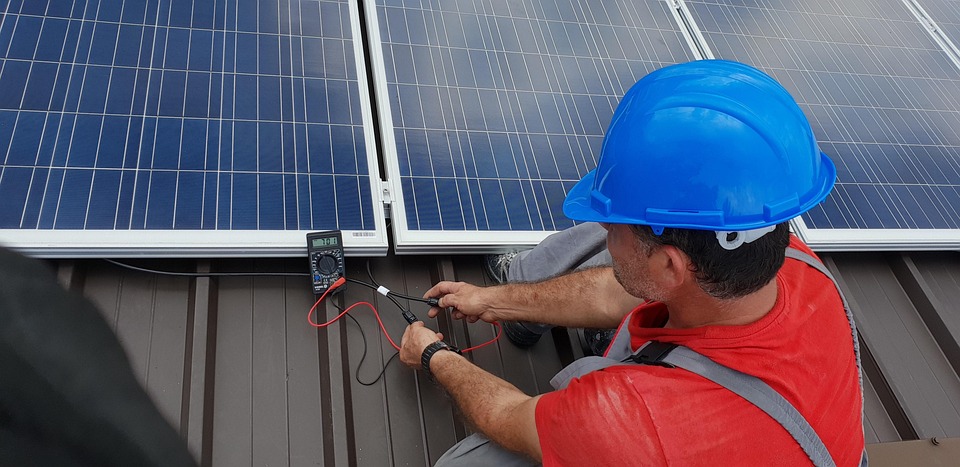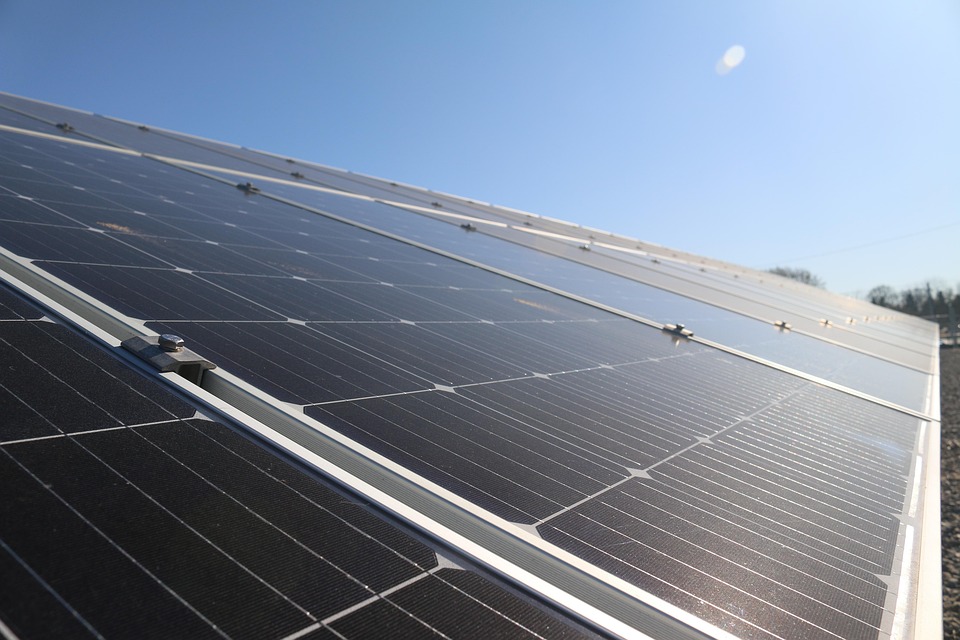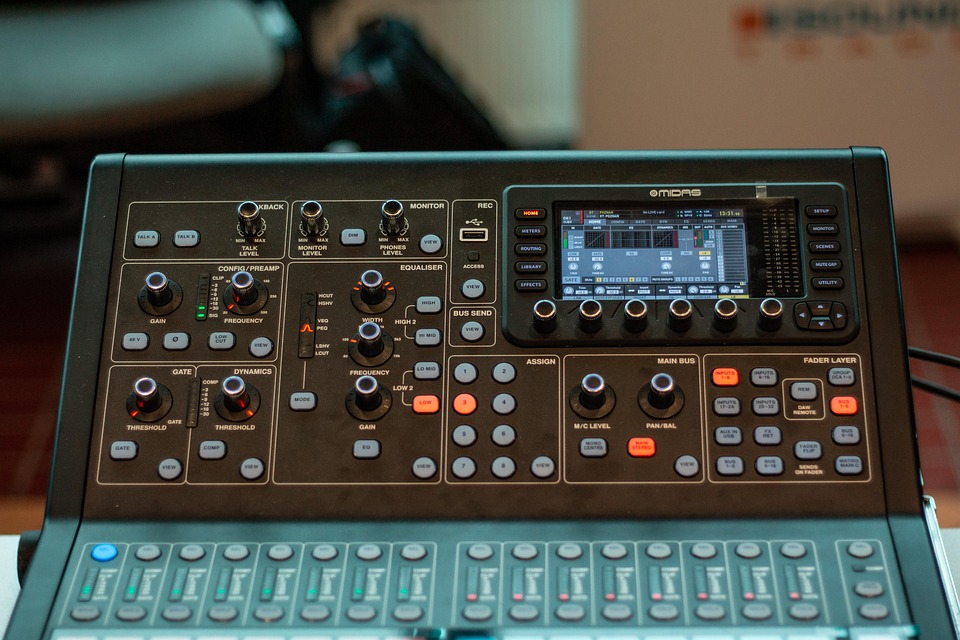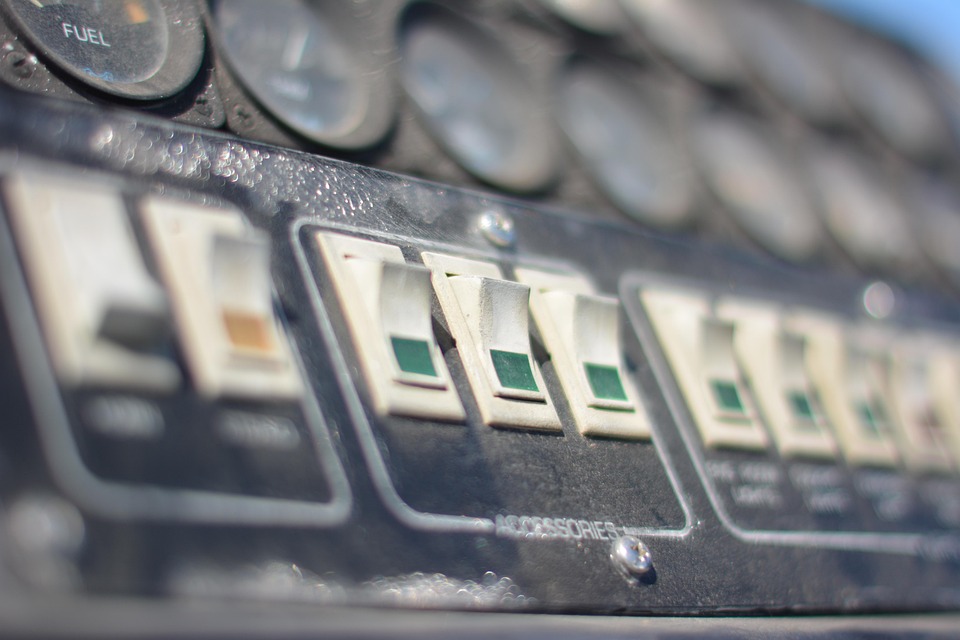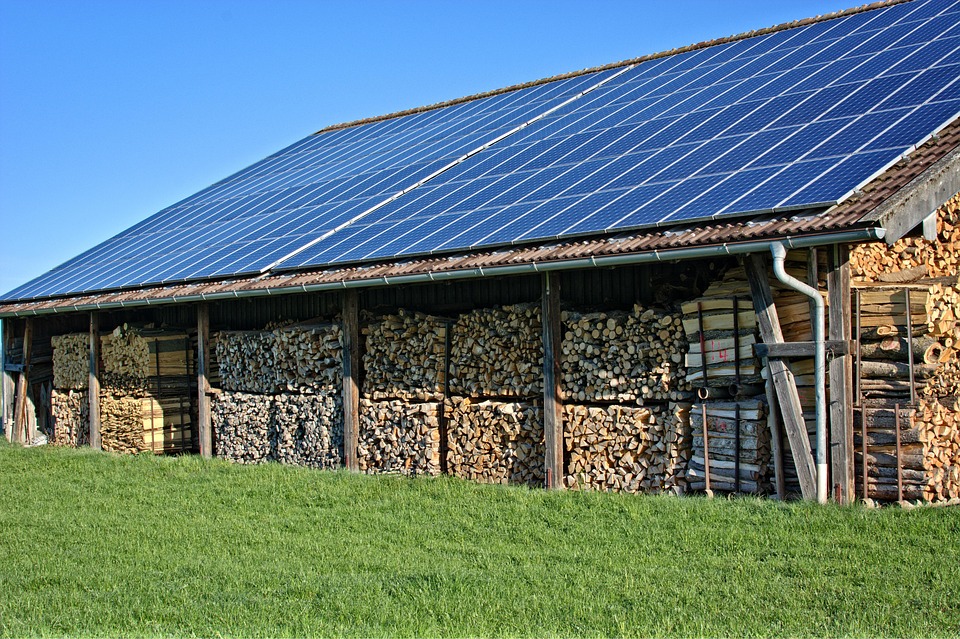Powering Up: The Advancements in Solar Panel Technology
# Powering Up: The Advancements in Solar Panel Technology Nestled in the tranquil embrace of nature, there’s nothing quite like the feeling of living in sync with the earth. Picture this: early morning sunlight filtering through the trees, the distant sound of rustling leaves, and the soft hum of a well-functioning solar panel system quietly converting sunlight into lifeblood for your home. As the years pass, I’ve learned to appreciate the sheer brilliance of solar panel technology. While my journey began with a simple setup that barely powered a couple of LED lights, today’s advancements in solar technology have made it possible—even for off-grid dwellers like me—to harness the power of the sun efficiently and effectively. Let’s dive into the evolving world of solar panel technology and explore how these advancements can light up your life! ## The Solar Revolution: A Brief History Solar energy isn’t new; the concept dates back to the early 19th century! In 1839, French physicist Edmond Becquerel discovered the photovoltaic effect, giving rise to the first primitive solar cells. Initially, these cells were costly and inefficient, but the quest for harnessing the sun’s power has come a long way. Fast forward to the 1970s—the first major impetus to solar technology surged as oil crises raised awareness about alternative energy sources. Since then, solar panels have evolved dramatically, becoming more efficient, affordable, and accessible. ## Cutting-edge Technologies ### 1. Monocrystalline vs. Polycrystalline Panels Modern solar panels generally fall into two categories: monocrystalline and polycrystalline. Monocrystalline panels, made from single crystalline silicon, stand out for their efficiency and sleek appearance. These panels generally produce more energy per square foot, making them ideal if you have limited roof space. On the flip side, polycrystalline panels are made from multiple silicon crystals and are typically less expensive. While they might have a slightly lower efficiency rate, they offer a significant value for homeowners looking to go solar without breaking the bank. ### 2. Bifacial Panels Excitingly, bifacial solar panels have come onto the scene! These innovative designs can capture sunlight from both sides, increasing energy production by up to 30%. This is particularly beneficial in snowy or sandy areas where light reflects off the surface, providing an added boost to energy efficiency. Bifacial panels are becoming increasingly popular in both commercial and residential applications. ### 3. Thin-Film Technology Thin-film solar technology is a game changer, particularly for those looking for lightweight solutions. These panels are not as rigid as traditional panels, which allows flexibility and can be integrated into unconventional surfaces like building materials or even clothing. While they may be less efficient than crystalline options, advancements are closing that gap rapidly. ### 4. Smart Solar Technology Imagine a solar panel that not only generates energy but also communicates with your home! Smart solar panels and accompanying technology like inverters are making this a reality. These systems adjust energy production based on real-time factors, ensuring maximum efficiency. Plus, many smart systems come with monitoring apps, allowing you to track energy consumption and production right from your smartphone! ### 5. Energy Storage Solutions One of the most significant advancements in solar technology is the improvement of energy storage solutions. Gone are the days of relying solely on battery banks. Today’s innovations include solar batteries that not only store energy but also allow for peak shaving—using stored energy during high-cost hours. With various options, including lithium-ion and flow batteries, you can select the best fit for your energy needs and budget. ## Optimizing Solar Investments Investing in solar panels can significantly reduce your electricity bills and increase your home’s value. However, optimizing that investment involves more than just installation. Here are some tips to get the best out of your solar panel system: ### Pro Tips: 1. **Choose the Right Installer:** Invest time in finding a reputable solar installer. Reviews, certifications, and partnerships with manufacturers can make all the difference. 2. **Assess Your Energy Needs:** Before installation, perform an energy audit. Understanding your consumption patterns enables you to choose a system that suits your needs. 3. **Stay Updated on Incentives:** Various federal and state tax incentives, rebates, and financing options are available. Regularly check for updates to maximize your savings. 4. **Consider Roof Orientation and Angle:** South-facing roofs are typically ideal for solar panels. If your roof isn’t optimal, you may need to explore ground-mounted panels or adjustable racking systems. 5. **Maintenance Matters:** Regularly clean your panels and check for shading from nearby trees or structures. Although solar panels require minimal maintenance, keeping them clean can significantly enhance performance. ## Off-Grid Living: A Perfect Pairing For those considering off-grid living or reducing dependency on traditional power sources, solar panels are a natural fit. They provide not only energy but also independence and peace of mind. With the right setup, you can generate enough electricity for everything from appliances to tools, even during cloudy days with the aid of energy storage systems. ### The Role of Community In many off-grid communities, knowledge-sharing is invaluable. Whether through online forums or local gatherings, connecting with fellow solar enthusiasts can offer insights and tips for optimizing installations. Many people have crafted DIY solutions that can serve as creative ways to further enhance solar panel performance. ## The Future’s Bright Looking ahead, the future of solar panel technology is electric! Some exciting areas of research include: – **Perovskite Solar Cells:** This cutting-edge technology promises higher efficiency rates at a lower cost compared to traditional silicon-based panels. – **Solar Paints:** Researchers are exploring the idea of creating solar cells that can be painted on surfaces—an idea that could revolutionize everything from home exteriors to vehicles. – **Solar Skins:** These aesthetically pleasing panels blend seamlessly with roofs, making them visually appealing without compromising efficiency. ## Conclusion: Step Into the Solar Future The advancements in solar panel technology are nothing short of astounding, making renewable energy more viable and accessible than ever. Whether you’re a seasoned off-grid expert or just contemplating your first solar installation, these innovations can

